Heart Health and Tea

The Heart
The heart is a muscular organ about the size of a fist, located just behind and slightly left of the breastbone. The heart pumps blood through the network of arteries and veins called the cardiovascular system.
As a result, it is important
- To keep the heart mechanism pumping consistently and uniformly
- To keep the arteries and veins unclogged
Properties of Tea that help the Heart
Tea contains -
- polyphenols — organic chemicals that are found in both black and green tea. Polyphenols are derived from plants, especially flowering plants. The ‘phenol’ part of polyphenols is where the plants and flowers derive their scent or aroma.
The benefits include improvement in function of the blood vessels, more dilating and less constriction. These compounds can also increase good cholesterol, which is also cardiac protective. These compounds also have a reduction in inflammation and makes our platelets, clotting factor, less sticky.
- Flavonoids - Flavonoids are a group of plant metabolites thought to provide health benefits through cell signaling pathways and antioxidant effects.
Flavonoids are good for the heart and help dilate the arteries by thinning the blood, lowering blood pressure, and reducing bad cholesterol. In fact, tea may help protect not just your heart, but also the entire circulatory system.
- epigallocatechin gallate, or EGCG Formally known as epigallocatechin gallate, EGCG is a type of plant-based compound called catechin. Catechins may be further categorized into a larger group of plant compounds known as polyphenols
- EGCG and other related catechins act as potent antioxidants that may protect against cellular damage caused by free radicals
ECGC prevents atherosclerosis, the buildup of plaque in the arteries. It also helps boost metabolism, helping to make it easier to achieve and maintain a healthy weight.
Teas that are best suited to help the heart
- White Tea is harvested from the young buds of the tea plant and only briefly processed. This is probably the purest tea, and is recommended for overall heart health. The flavonoids are good for the heart and help dilate the arteries by thinning the blood, lowering blood pressure, and reducing bad cholesterol. White tea may help protect not just your heart, but also the entire circulatory system.
Try Dorje Moon Light Tea and Dorje First Flush Tea. Click on https://dorjeteas.com/products/moonlight-sonata-limited-edition
https://dorjeteas.com/collections/all/products/first-flush
- Green Tea - the leaves have been harvested and allowed to wither, and then steamed. There is no oxidation. Green tea helps lower LDL cholesterol and triglycerides — good news for your heart. It is also associated with a lower risk of heart disease and death from heart attack or stroke. Powerful antioxidants in green tea — especially one called epigallocatechin gallate, or EGCG — can help prevent atherosclerosis, the buildup of plaque in the arteries. EGCG can [also] help boost metabolism, helping to make it easier to achieve and maintain a healthy weight. In addition, green tea helps improve the function of endothelial cells in blood vessels.
Try the Dorje Green Tea Subscription Plan. Click on https://dorjeteas.com/products/darjeeling-green-plan
- Black Tea is oxidized most extensively; hence its black color. Most of the benefits come from powerful plant chemicals known as polyphenols, as well as flavonoids. Doctors regularly advise coffee-drinking patients to consider switching to black tea because it has roughly half the amount of caffeine as a same-sized cup of coffee. Research shows that people who drink three cups of black tea per day have, on average, 36 percent lower triglyceride levels and a 17 percent improvement in their cholesterol profiles.
Try the Dorje Black Tea Subscription Plan. Click on
https://dorjeteas.com/products/darjeeling-black-plan
- Chamomile Tea - This tea helps with a less-direct, but still crucially important, benefit for cardiac wellness: sleep. One of the things many people have issues with is getting enough sleep. Sleep is such an important part of restorative health for everyone. It is good to get into the habit of having a nighttime routine to wind down, and include a cup of warm chamomile tea right before bed.
Try the Dorje Chamomile Tea. Click on
https://dorjeteas.com/products/chamomile-tea
- Hibiscus Tea For something a bit tart for your heart, try hibiscus tea. Made from those beautiful flowers, they contain plenty of polyphenols. Some studies show that drinking hibiscus tea may help reduce systolic blood pressure levels compared to a placebo. Other studies show that it may help to reduce both systolic and diastolic blood pressure. Some studies show that hibiscus tea may reduce cholesterol levels — another risk factor of heart disease.
Try the Dorje Hibiscus Tea. Click on
https://dorjeteas.com/products/hibiscus-tea
Some Do’s and Don’ts for Tea to be Effective
- Do drink at least 1-3 cups every day. Experts point out that because polyphenols are not retained in the body for long, it stands to reason that frequent, ongoing tea consumption is necessary to see the benefits.
- Don’t drink more than 5 cups a day. Too much of anything is bad for health.
- Do brew your tea correctly and for not more than 5 minutes.
- Do not add sugar to your tea. Sugar has its own qualities and it may not help the heart.
- Do have Black Tea without milk for best effects. Milk dilutes the effect of Tea.
- Do consult your doctor if you feel the need.
- Don’t think Tea alone will do the trick, it is important to maintain a healthy lifestyle for a healthy heart.
Conclusion
The message is loud and clear – Tea is Cardio Protective. It leads to a healthy, happy heart.
Write to me at Editor@Dorjeteas

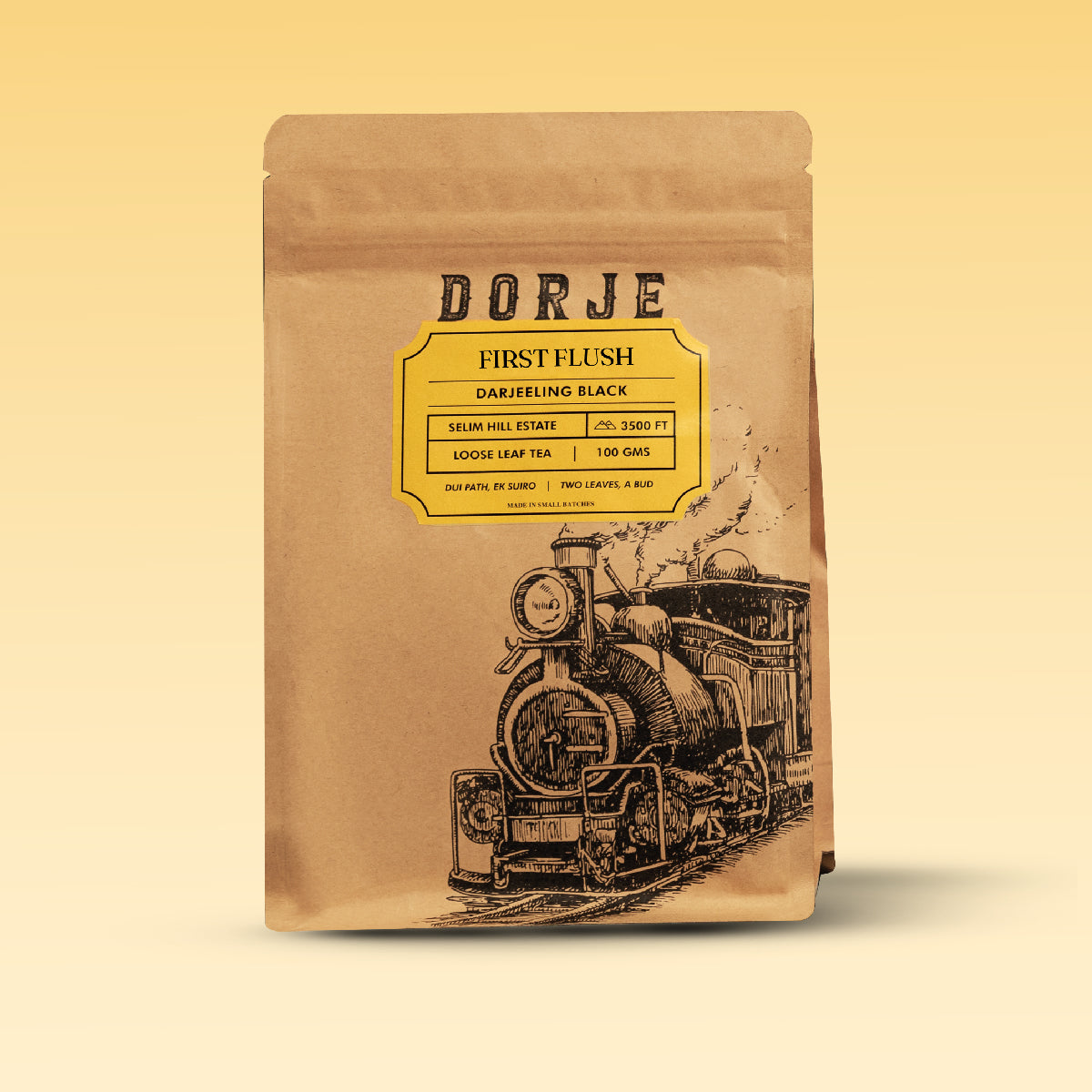

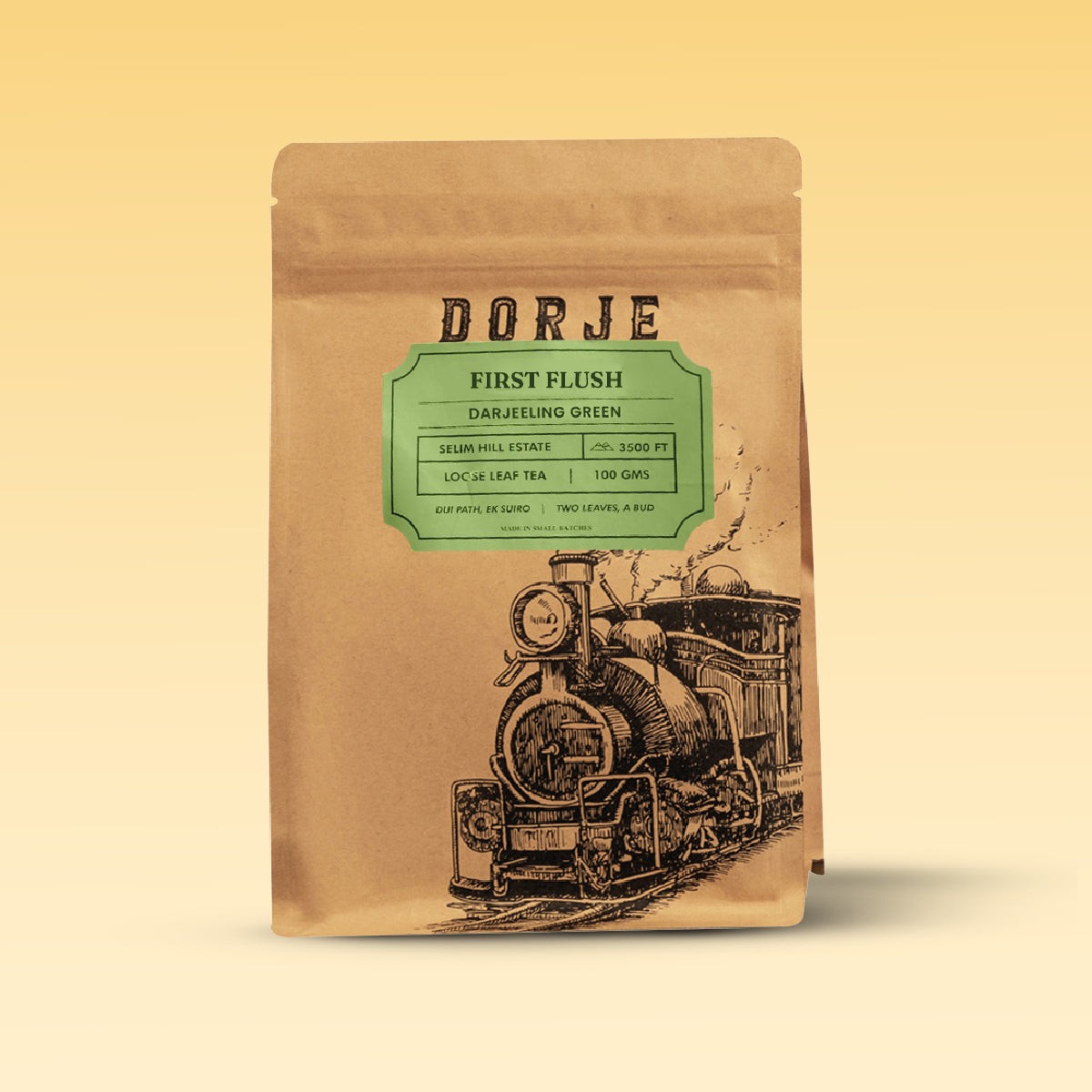
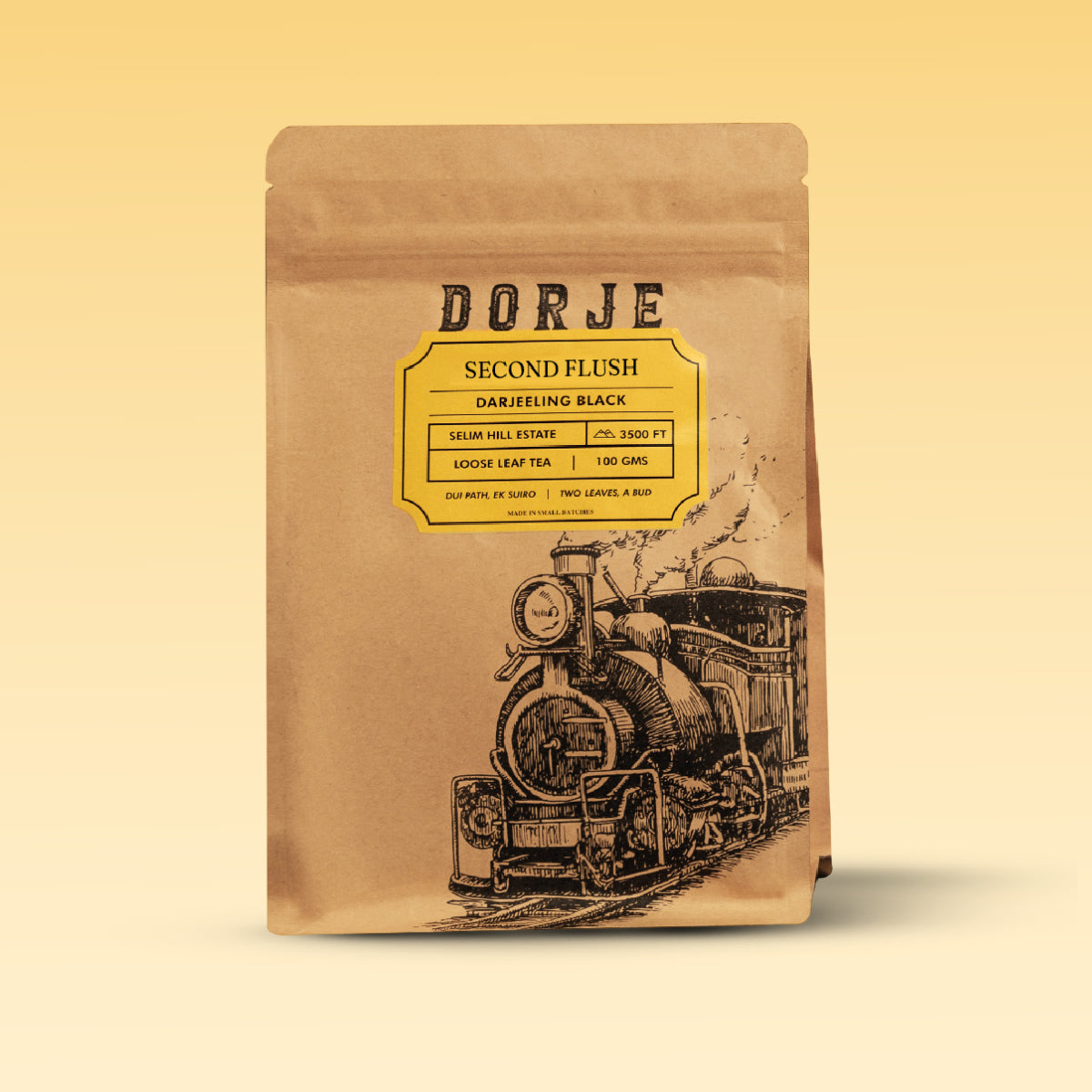
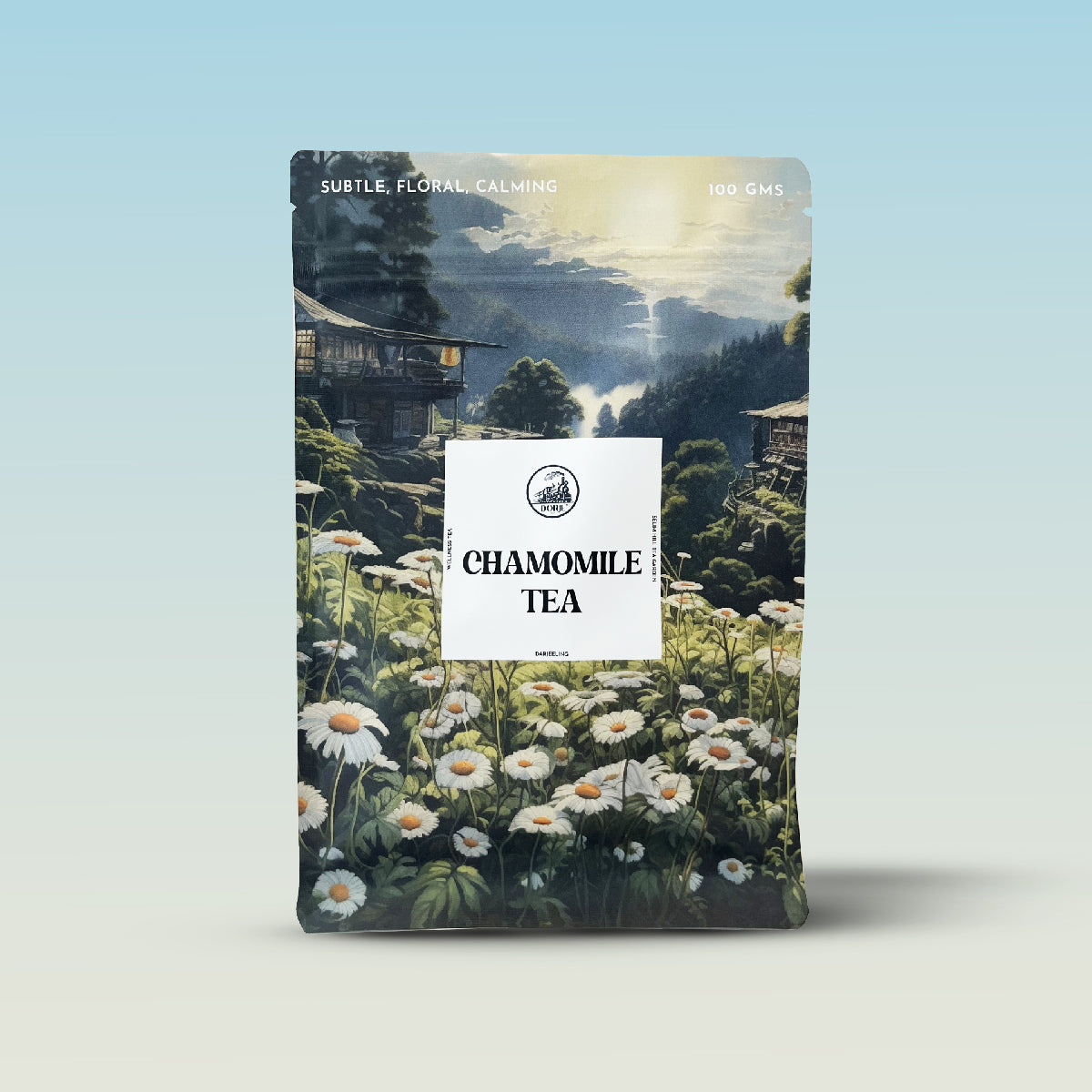
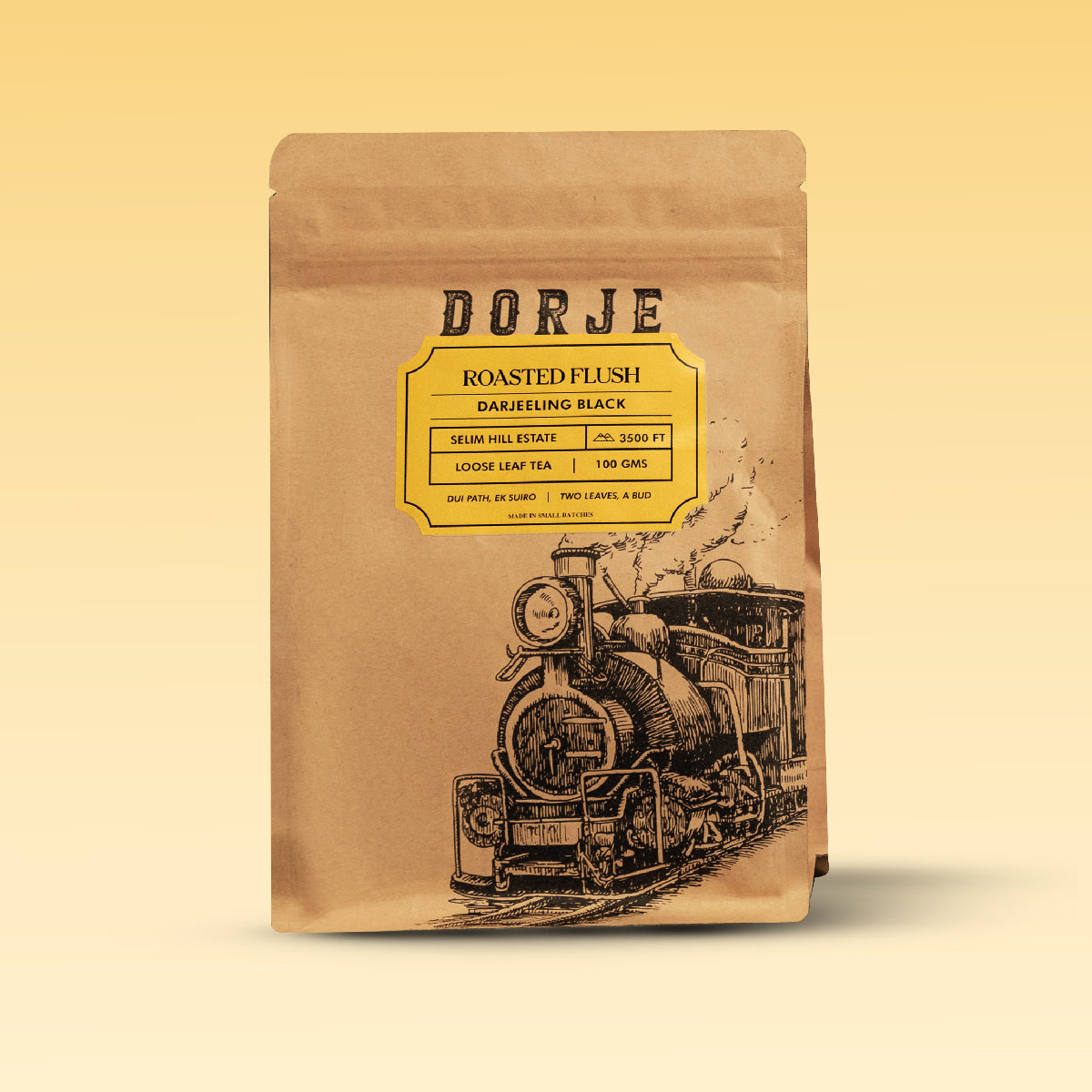
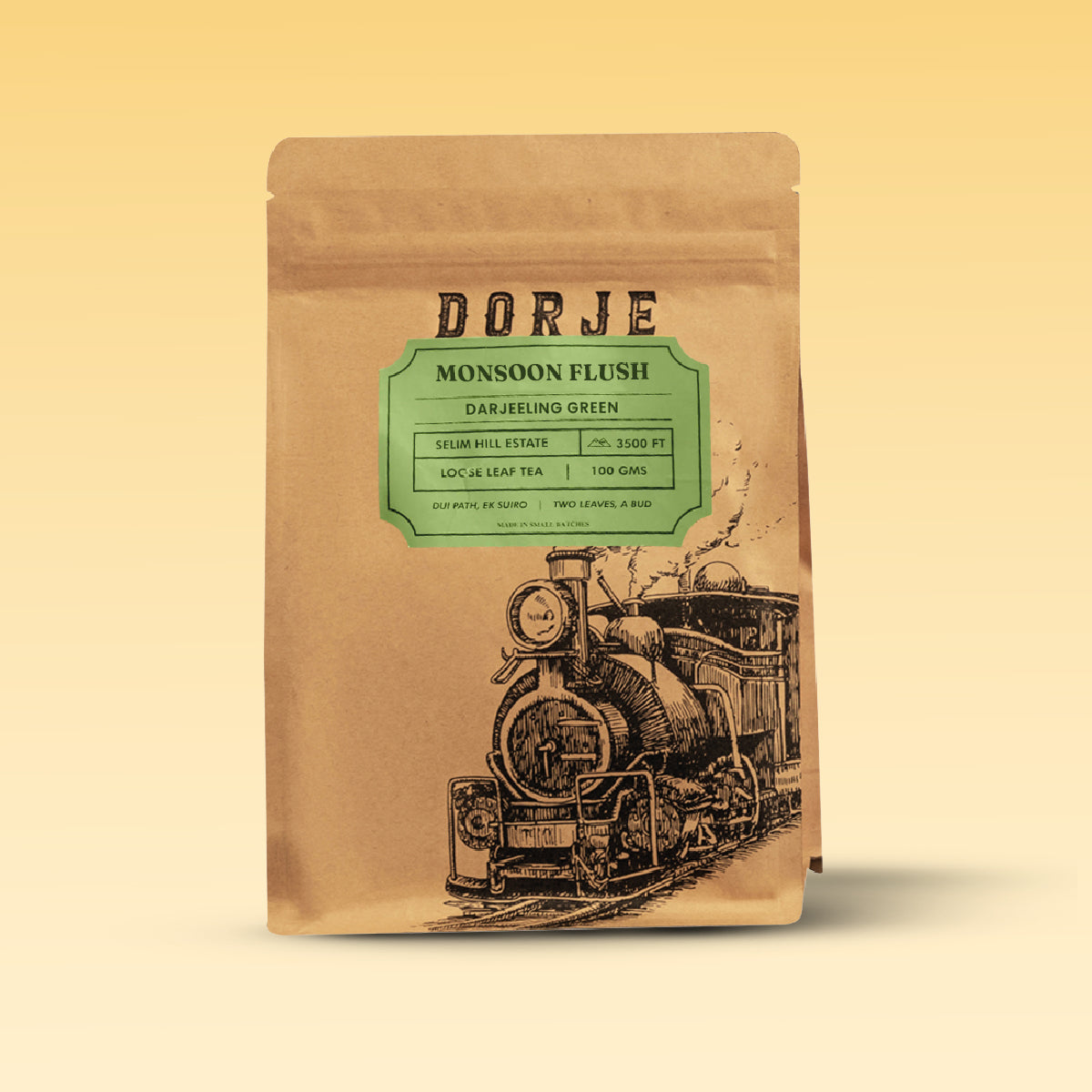
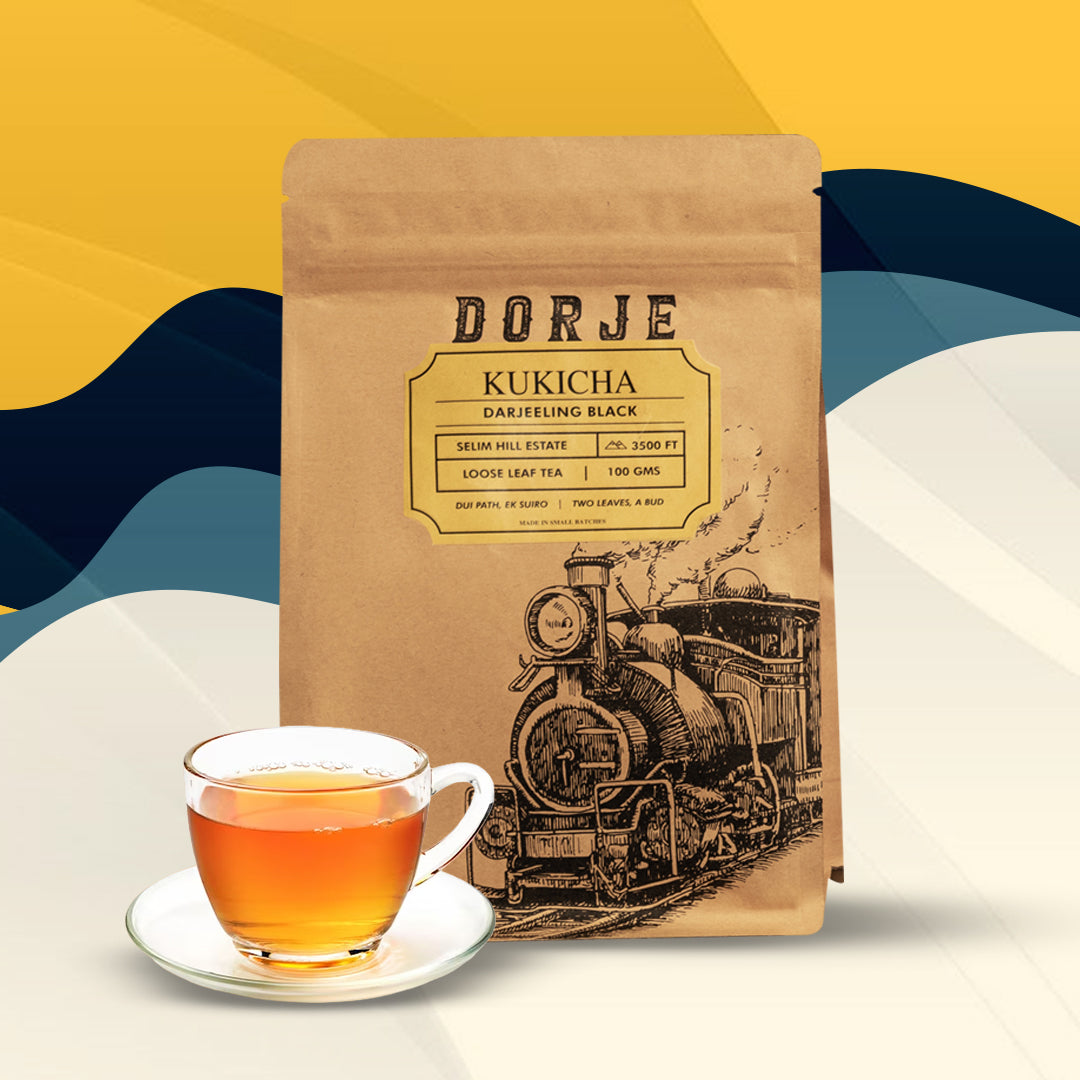
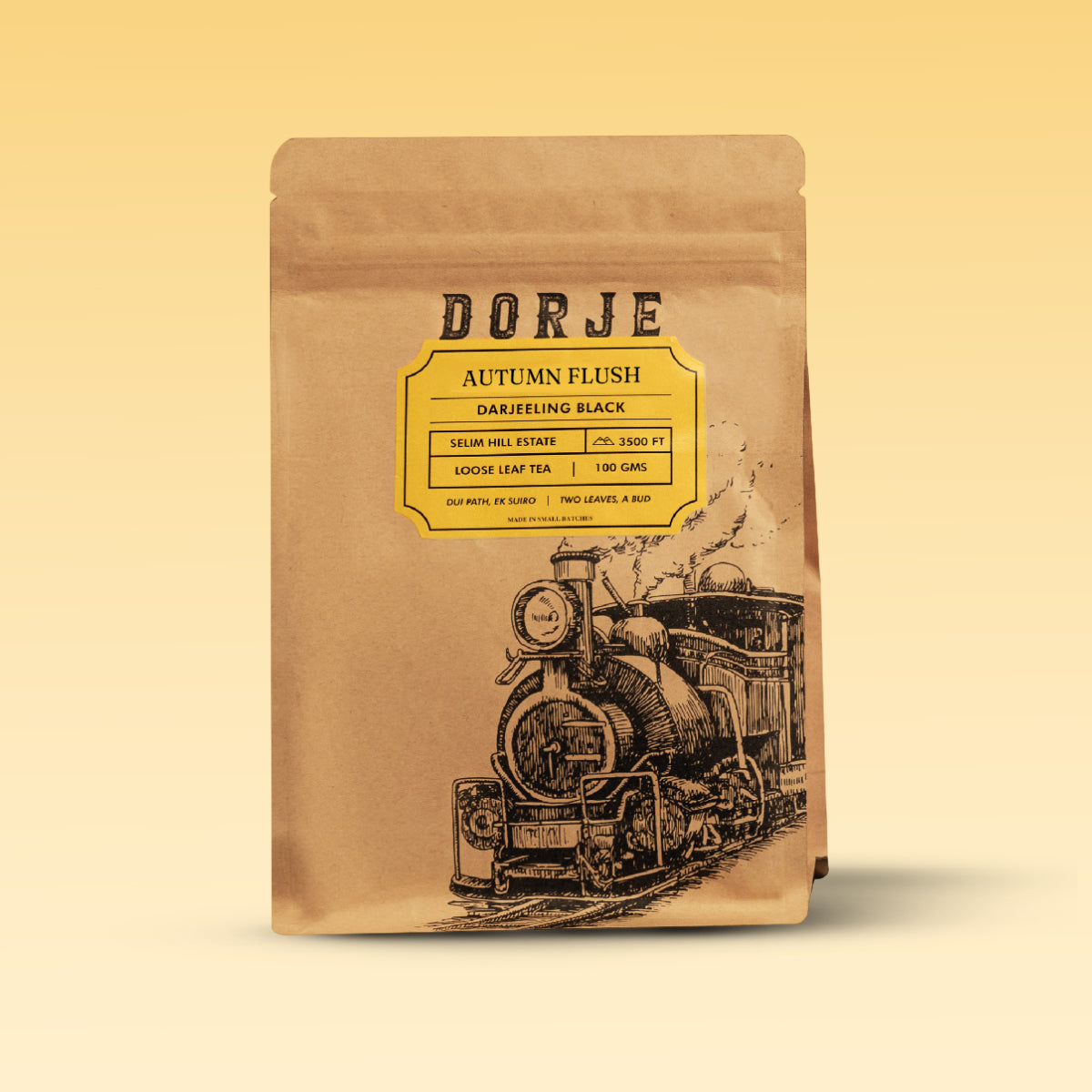
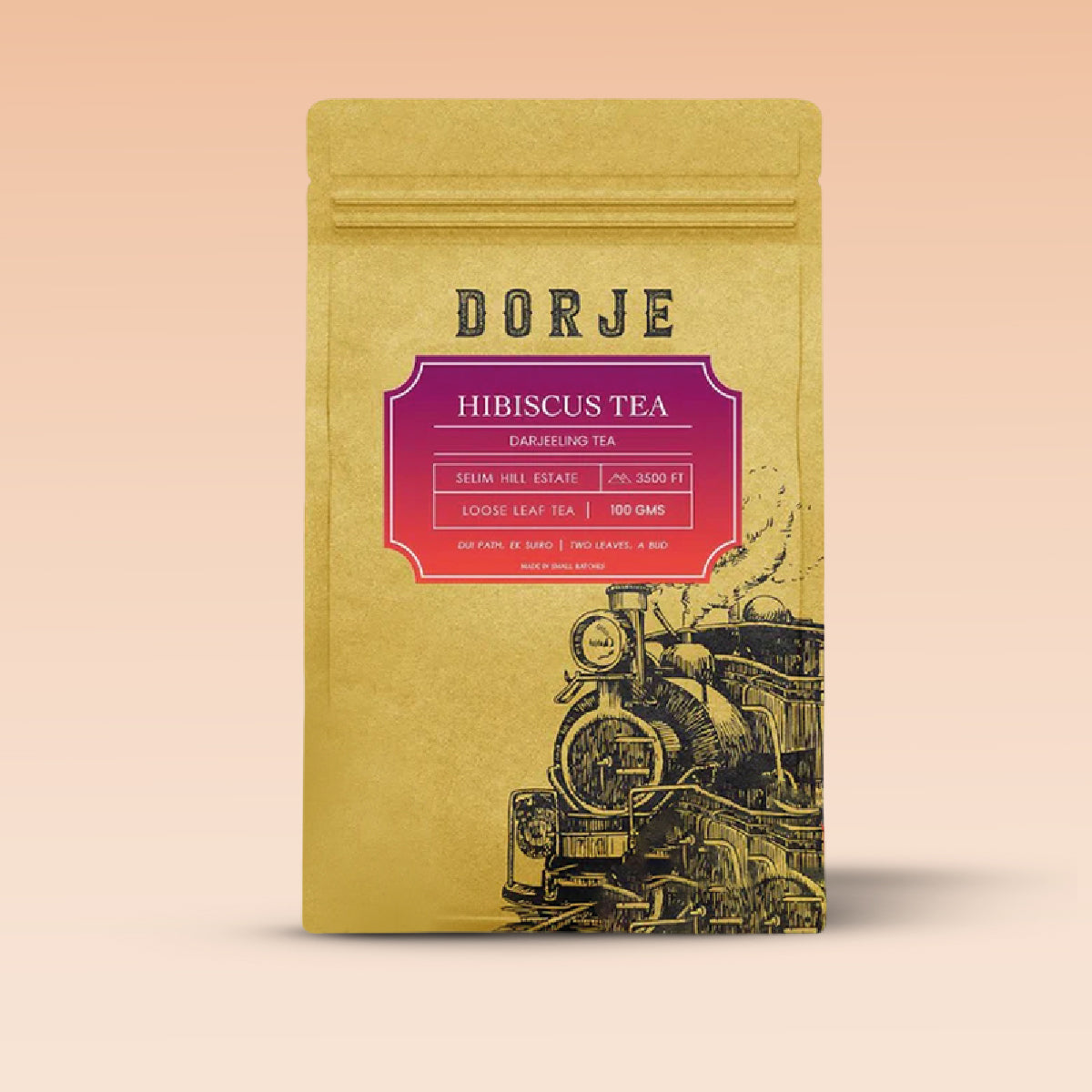
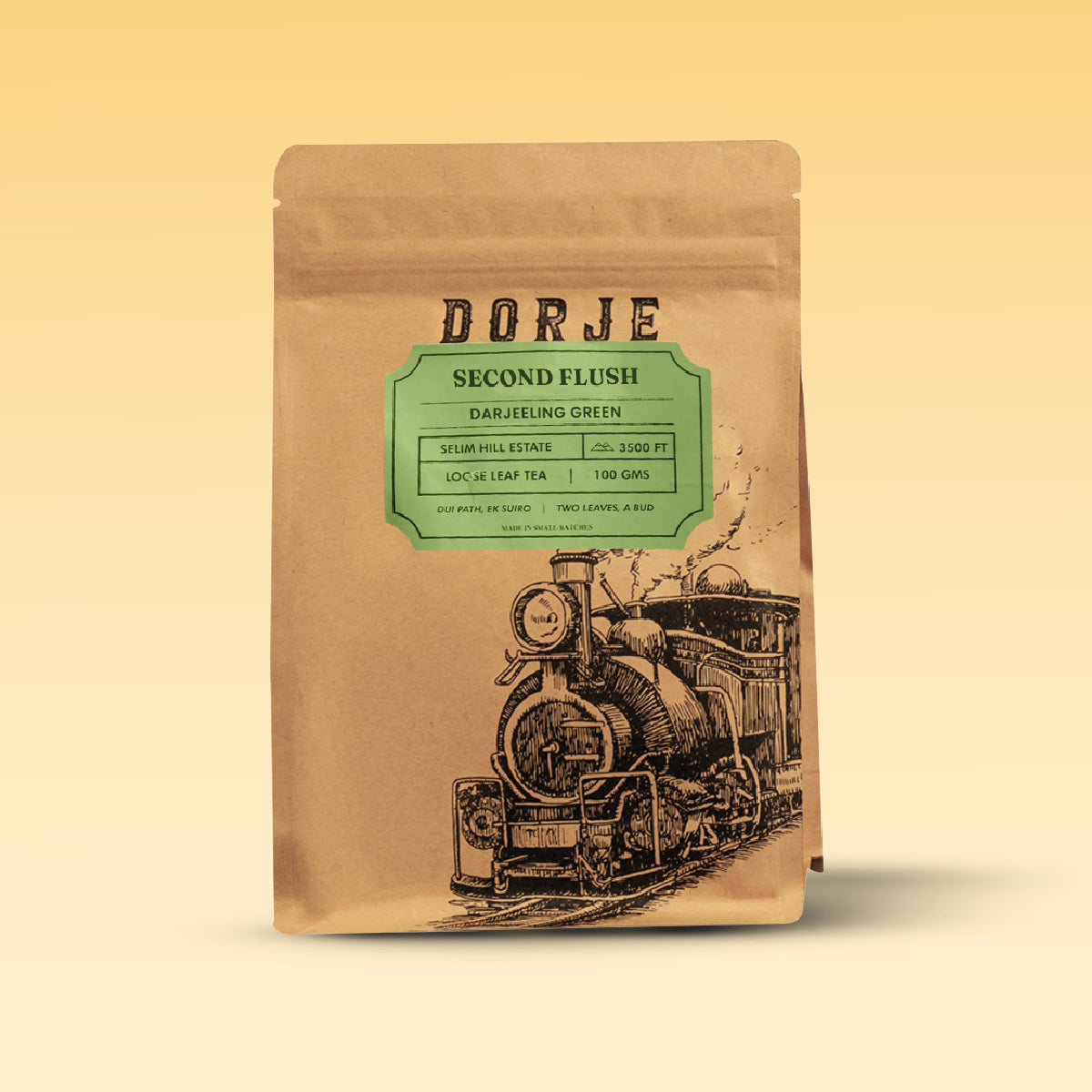
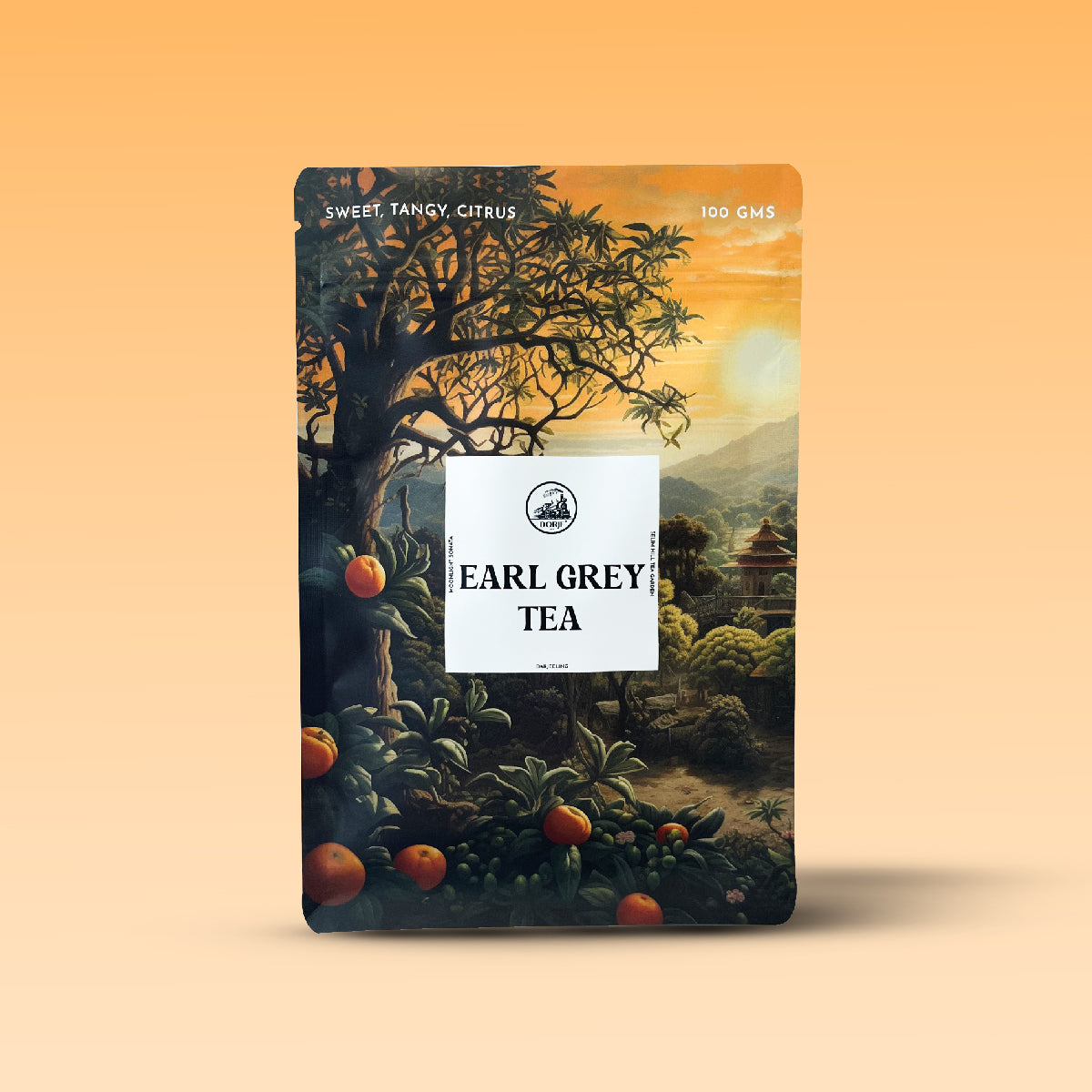


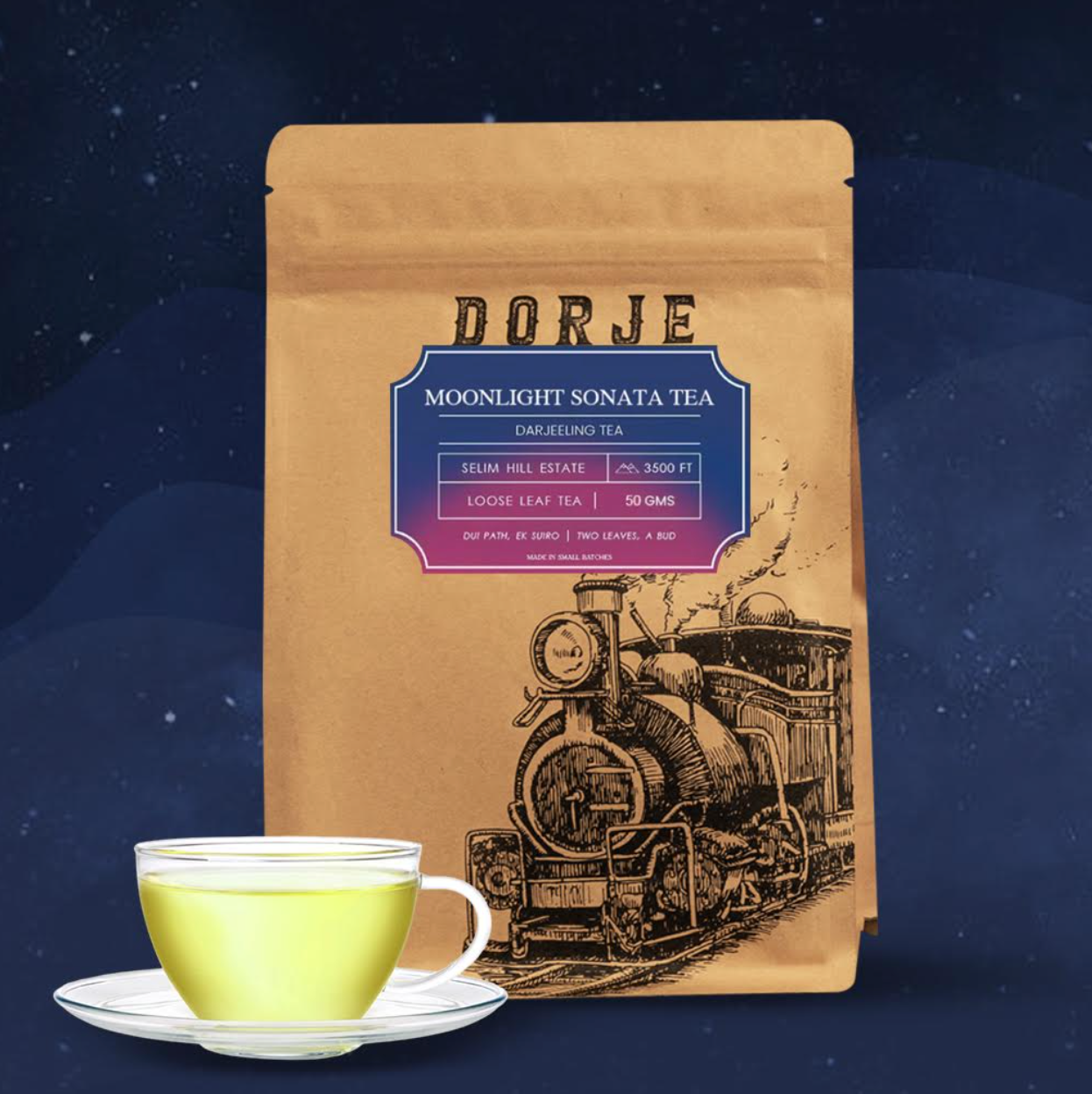



Comments